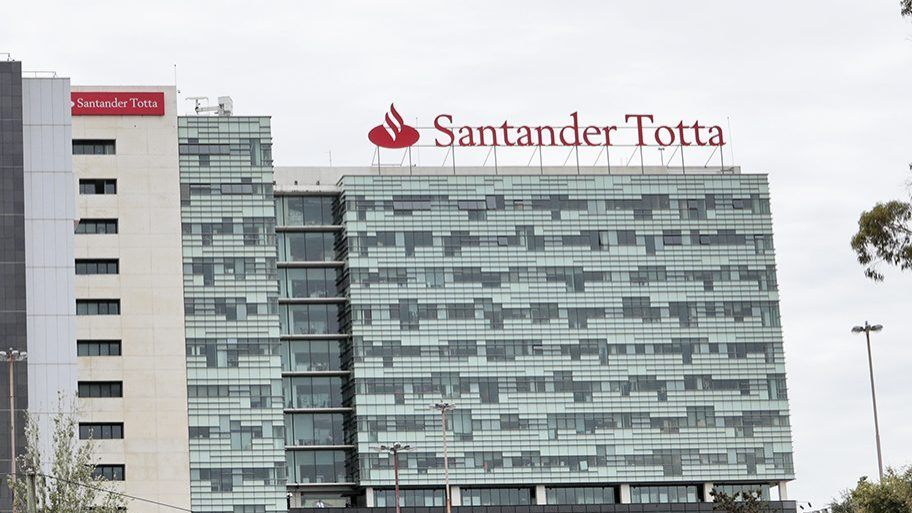Portuguese Banks results improve, but inflation brings risks – DBRS
The total net income of the largest Portuguese banks "almost doubled compared to the same period of 2021, mainly on the back of higher revenues and lower provisioning and impairment charges."
Revenue growth and lower provisions supported the results of Portuguese banks in the first nine months of the year, says DBRS. However, the financial rating agency warns that there are increased asset quality risks in the medium term related to inflation and high energy costs.
In a report that analyses Caixa Geral de Depósitos, BCP, Novobanco, Montepio, BPI and Santander Totta, DBRS starts by pointing out that the total net income of the largest Portuguese banks “almost doubled compared to the same period of 2021, mainly on the back of higher revenues and lower provisioning and impairment charges.”
The total net income stood at €1,913 million in the first nine moments, up from €1,043 million in the same period of 2021. “Most banks have exceeded pre-pandemic profit levels, benefitting from a significant increase in net interest income and commissions, on the back of a more favourable rates environment and sustained recovery of the economy post-pandemic, particular across exports oriented sectors as well as tourism,” the rating agency points out.
However, the results from some banks “continued to reflect the impact of restructuring measures, such as corporate simplification, disposal of non-core assets, as well as recent regulatory changes”.
DBRS notes that “asset quality remained resilient”. However, it warns that “the persistent inflationary pressure and high energy costs will likely add stress to borrowers and increase asset quality risks in the medium term.”


